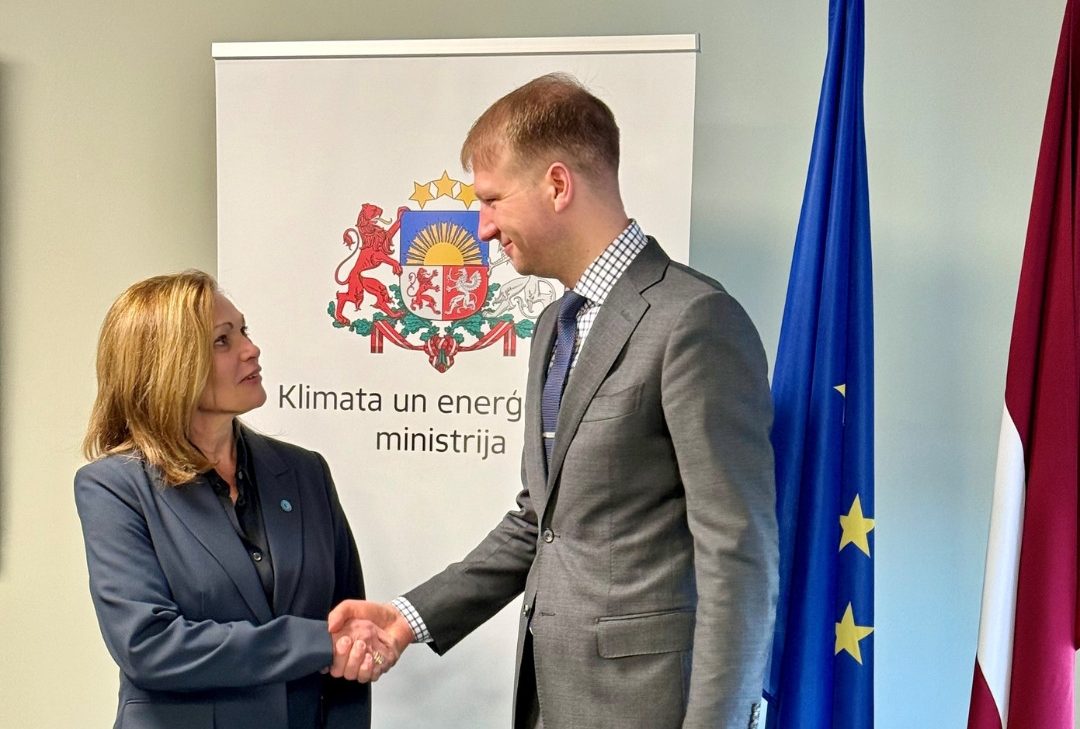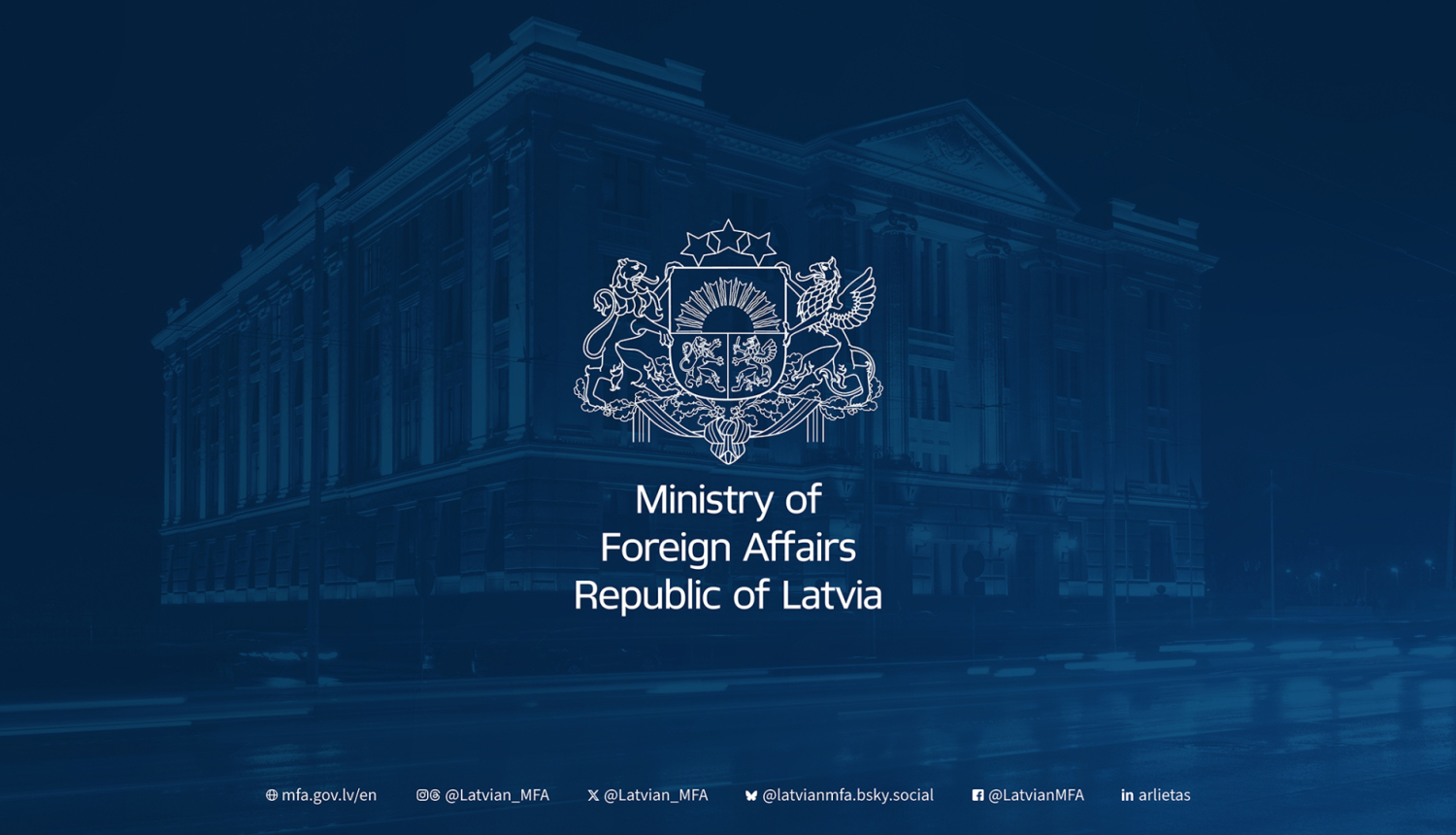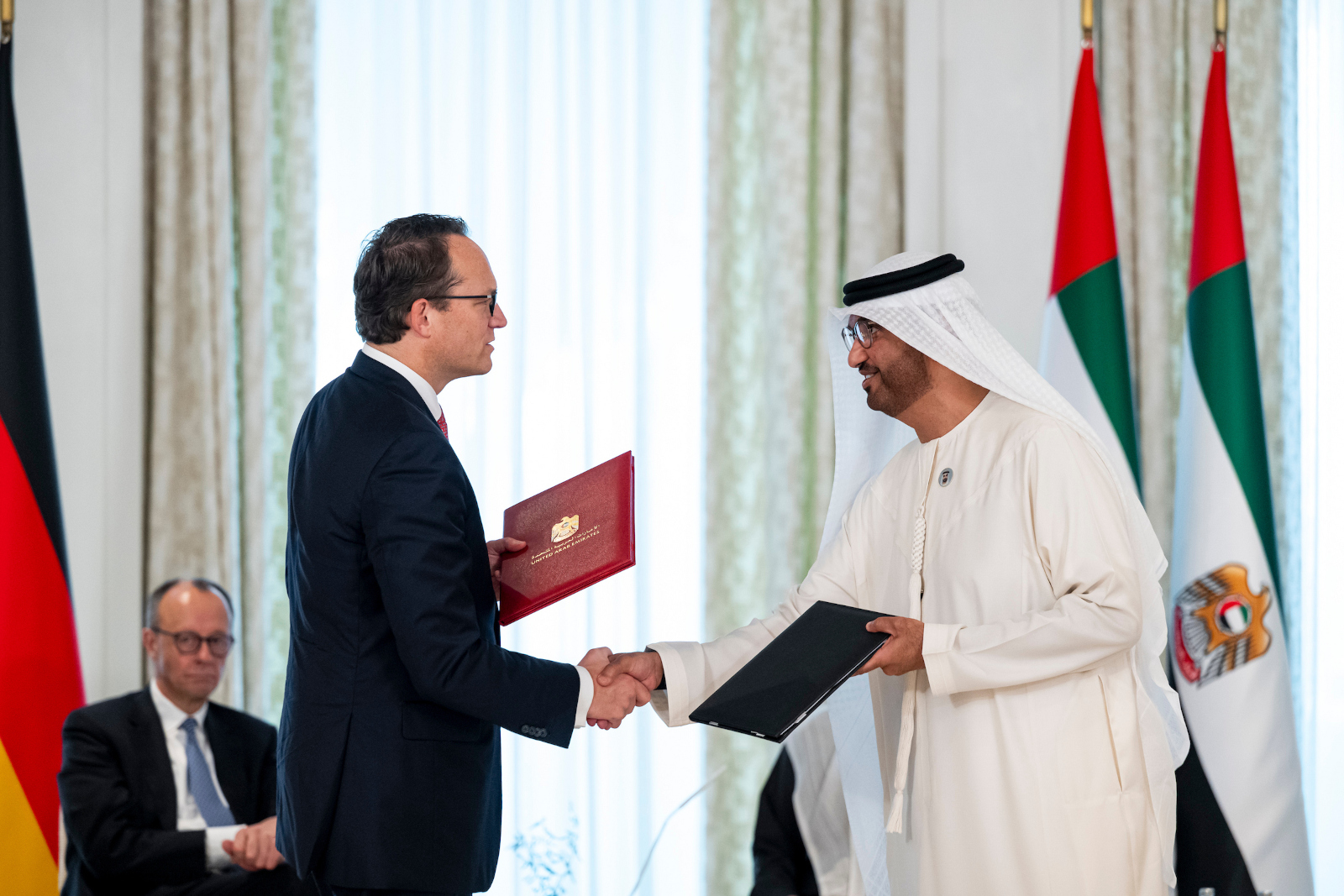The United Nations Climate Change Conference COP27 closed on November 20th with an agreement to provide “loss and damage” funding for vulnerable countries hit hard by climate disasters.
“This outcome moves us forward” said Simon Stiell, UN Climate Change Executive Secretary. “We have determined a way forward on a decades-long conversation on funding for loss and damage – deliberating over how we address the impacts on communities whose lives and livelihoods have been ruined by the very worst impacts of climate change.”
Set against a difficult geopolitical backdrop, COP27 resulted in countries delivering a package of decisions that reaffirmed their commitment to limit global temperature rise to 1.5 degrees Celsius above pre-industrial levels. The package also strengthened action by countries to cut greenhouse gas emissions and adapt to the inevitable impacts of climate change, as well as boosting the support of finance, technology and capacity building needed by developing countries.
The main criticism of the COP27 outcome focuses on the lack of decisions to phase out fossil fuels and to further reduce greenhouse gas emissions. Many countries and international organisations, including the European Union, pressed for such decisions. Despite this, the European Commission’s summary of the summit indicates that the EU agrees with the COP27 compromise to keep the Paris Agreement alive and to protect those most vulnerable to climate change.
President of the European Commission Ursula von der Leyen said on the outcome of COP27 – “COP27 has confirmed that the world will not backtrack on the Paris Agreement, and is an important step towards climate justice. However science is clear that much more is needed to keep the planet liveable. What is equally clear is that the EU played a key role in Sharm el-Sheikh and will not relent on its domestic and international climate action.”
UN Climate Change Conference presidency points out that creating a specific fund for loss and damage marked an important point of progress, with the issue added to the official agenda and adopted for the first time at COP27. Governments also agreed to establish a ‘transitional committee to make recommendations on how to operationalize both the new funding arrangements and the fund at COP28 next year.
Agreed ‘Sharm el-Sheikh Implementation Plan’ highlights that a global transformation to a low-carbon economy is expected to require investments of at least USD 4-6 trillion a year. Delivering such funding will require a swift and comprehensive transformation of the financial system and its structures and processes, engaging governments, central banks, commercial banks, institutional investors and other financial actors.
COP27 significantly advanced the work on mitigation. A mitigation work programme was launched in Sharm el-Sheikh, aimed at urgently scaling up mitigation ambition and implementation. The work programme will start immediately following COP27 and continue until 2030, with at least two global dialogues held each year. Governments were also requested to revisit and strengthen the 2030 targets in their national climate plans by the end of 2023, as well as accelerate efforts to phasedown unabated coal power and phase-out inefficient fossil fuel subsidies.
Countries launched a package of 25 new collaborative actions to be delivered by COP28 to speed up the decarbonisation under five key breakthroughs of power, road transport, steel, hydrogen and agriculture.
Source: unfccc.int














